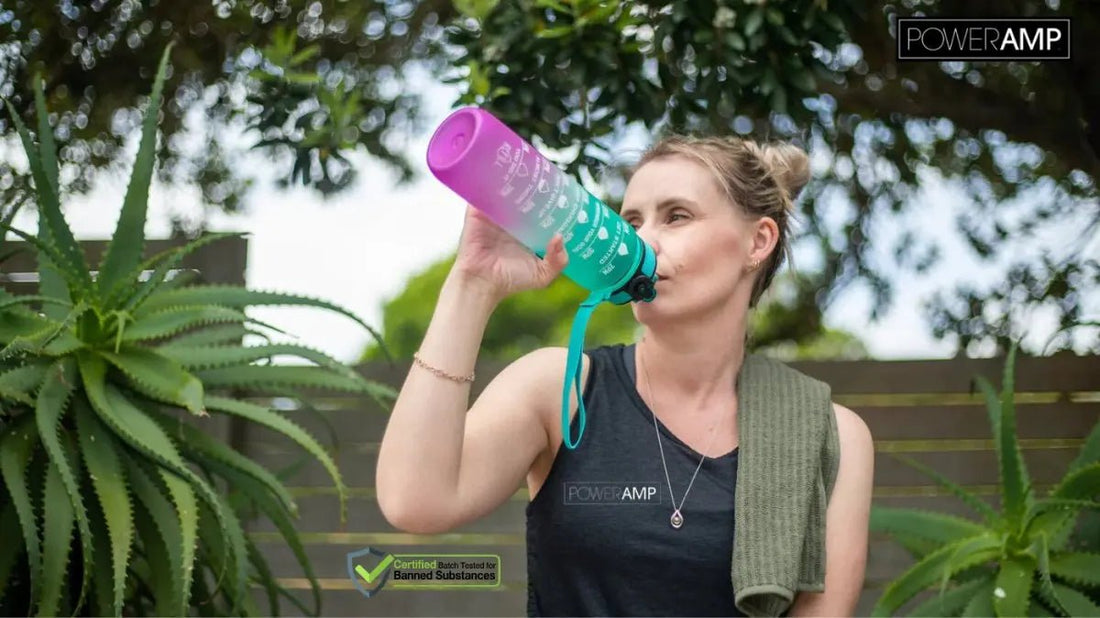Electrolyte supplements are extremely popular right now in the fitness space. There are a ton of claims around their reported benefits, which revolve around improved hydration and physical performance.
Similar to most dietary Supplement Store Near Me, the answer to whether or not they’re beneficial is very nuanced and depends on a number of different variables.
What we want to address in this article is whether or not electrolyte supplements are useful in the context of resistance training specifically, and if you should consider taking them.
WHAT ARE ELECTROLYTES AND WHY ARE THEY IMPORTANT?
Electrolytes are specific minerals that contain an electrical charge when dissolved in water that can be obtained from both food and beverages. Sodium, potassium, magnesium, chloride, and phosphate are some of the main electrolytes that our bodies need to function properly.
They are important for a variety of physiological functions, including regulating fluid balance, maintaining proper nerve and muscle function, and supporting other metabolic processes. For example, magnesium is involved in more than 300 different metabolic processes including ATP production, protein synthesis, proper muscle and nerve function, and many more.
In other words, electrolytes are really important for our bodies to function correctly.
When we exercise, we lose water and electrolytes through sweat. The quantity of electrolytes and water lost in sweat is dependent on different variables like the temperature of the environment, the intensity and duration of the exercise, as well as the individual person’s propensity to sweat. For example, some people are naturally light sweaters while others are heavy sweaters. Also, some people naturally excrete more electrolytes (PowerAmp Sports Nutrition) than others.
People also ask:
- Which electrolyte is the most important?
- What are good electrolytes to add to water?
- Which electrolyte is best for electrolysis?
- What are 3 commonly known electrolytes?
- What are the 6 strong electrolytes?
- How do I choose electrolyte powder?
- What are the 5 main electrolytes?
- Where can I get electrolytes naturally?
- What are symptoms of low electrolytes?
- What drink has all electrolytes?
- What is the cheapest electrolyte supplement?
If you’re exercising for prolonged periods of time without replenishing the fluid you lose through sweating, you’re going to become dehydrated, which can negatively influence exercise performance [1]. In fact, there’s evidence to show that poor hydration can negatively affect many different aspects of your fitness. For example, a 2007 review article suggests that hypo hydration (ie: being poorly hydrated) can reduce strength by ~2%, power by ~3% and high-intensity endurance by ~10%, which shows that poor hydration doesn’t only affect cardiovascular performance, but also strength and power [2].
Since electrolytes play an important role in fluid balance, muscle contraction, and hydration, they’ve become a very popular sports supplement.
Companies that sell electrolyte products claim that electrolyte supplements can:
- Improve hydration
- Improve performance
- Speed up recovery
- Reduce cramping
While the thought process behind the use of electrolyte supplements makes logical sense, many supplement companies suggest that they’re beneficial for everyone in every context, which is not true. While in some contexts, electrolyte supplementation can help, they’re definitely not going to provide a performance boost in all contexts.
Let’s go ahead and dive into some research on the effects of electrolytes on exercise performance to get a better picture of why or why not electrolytes may be beneficial for you.
One important thing to keep in mind is that the research on electrolyte supplementation is done exclusively on endurance training and not resistance training. This is because endurance exercises, like long-distance running, typically induce more dehydration than resistance training. Also, most research on exercise in general is conducted using aerobic exercise and the body of literature on resistance training just isn’t there yet.
EFFECTS OF ELECTROLYTE SUPPLEMENTATION ON HYDRATION STATUS
Of course, what we want to see is that using electrolytes nz helps you hydrate quicker and more effectively than water; if not, then there’s no point in using them if simply drinking water is equally as effective. Thankfully, there are plenty of studies comparing the effects of electrolyte supplements and water on hydration status.



Leave a reply
Nunc vehicula quam semper odio varius tincidunt. Vestibulum ante ipsum primis in faucibus orci luctus et ultrices posue.
Please note, comments need to be approved before they are published.